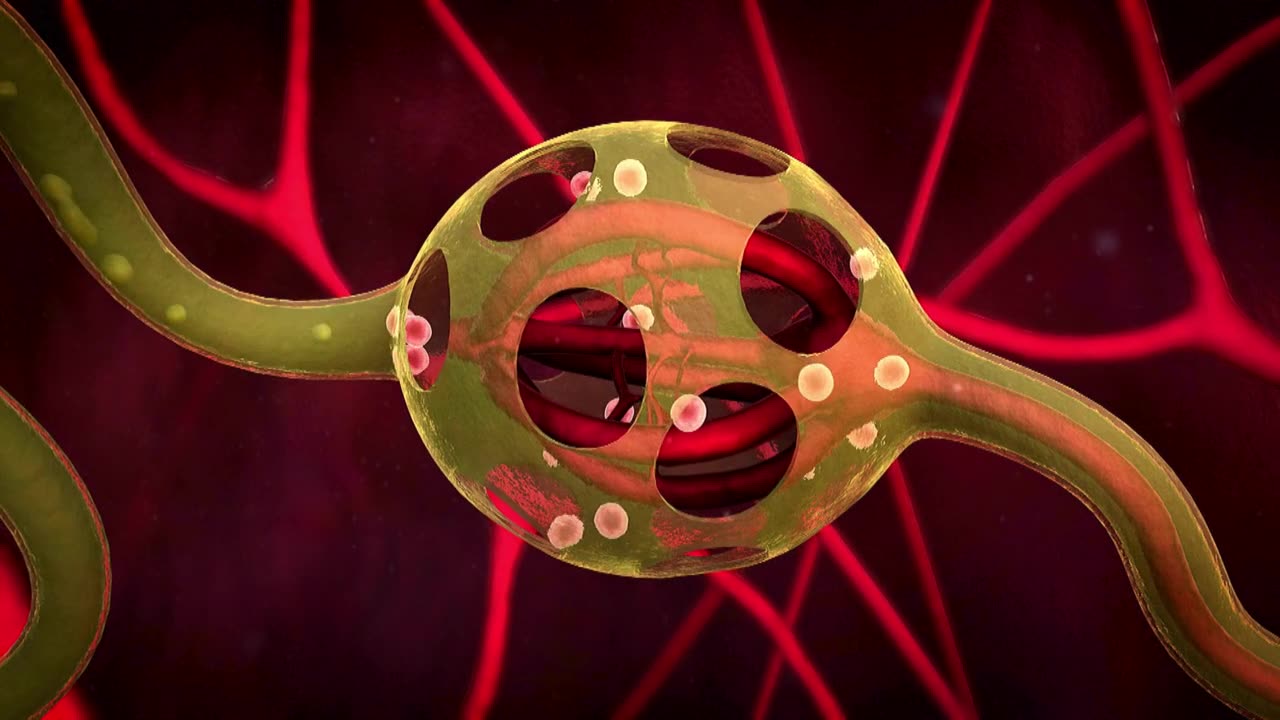Premium Only Content

The Influence of Genetics on Male Hormone Levels - Raindrops1.com #testosterone #malehealth
The Influence of Genetics on Male Hormone Levels
The influence of genetics on male hormone levels, particularly testosterone, is a significant area of study in endocrinology and genetics. Male hormone levels are crucial for various physiological functions, including muscle mass, bone density, and reproductive functions. Here's an overview of how genetics can influence these hormone levels:
1. Testosterone Production and Regulation
Hypothalamic-Pituitary-Gonadal (HPG) Axis:
The HPG axis is a complex set of interactions among the hypothalamus, pituitary gland, and gonads (testes) that regulate the production of testosterone.
Genes involved in the function and regulation of this axis can influence testosterone levels. For instance, the GnRH gene influences the release of gonadotropin-releasing hormone, which stimulates the pituitary to release LH (luteinizing hormone), subsequently stimulating testosterone production in the testes.
2. Genetic Variants and Polymorphisms
Androgen Receptor (AR) Gene:
The AR gene is critical for mediating the effects of testosterone and other androgens. Variations in the AR gene, especially the CAG repeat polymorphism, can affect androgen receptor sensitivity and testosterone action.
SHBG (Sex Hormone-Binding Globulin) Gene:
SHBG binds to testosterone, regulating its availability in the bloodstream. Variants in the SHBG gene can affect SHBG levels and, consequently, the amount of free (bioavailable) testosterone.
3. Influence of Genetic Disorders
Klinefelter Syndrome:
This genetic condition (47,XXY) leads to hypogonadism, resulting in lower levels of testosterone.
Congenital Adrenal Hyperplasia (CAH):
CAH is caused by mutations in genes involved in cortisol production, leading to excess androgen production. In males, this can result in atypical hormone levels.
4. Epigenetic Factors
DNA Methylation and Histone Modification:
Epigenetic modifications can influence gene expression related to hormone production and regulation. For instance, methylation of the AR gene promoter can affect androgen receptor activity.
5. Genome-Wide Association Studies (GWAS)
GWAS have identified multiple loci associated with testosterone levels. For example, variants in the FAM9B gene have been linked to serum testosterone levels.
6. Lifestyle and Environmental Interactions
While genetics play a crucial role, environmental factors such as diet, physical activity, and exposure to endocrine-disrupting chemicals can interact with genetic predispositions to influence hormone levels.
7. Research and Clinical Implications
Understanding the genetic influence on male hormone levels has significant implications:
Diagnosis and Treatment: Identifying genetic markers can aid in diagnosing conditions related to hormone imbalances and tailoring personalized treatments.
Predictive Health: Genetic screening might predict the risk of developing conditions linked to abnormal testosterone levels, such as metabolic syndrome or cardiovascular diseases.
Therapeutic Targets: Insights into genetic mechanisms can lead to the development of novel therapies targeting specific genetic pathways.
Conclusion
Genetics significantly influence male hormone levels through various mechanisms, including gene variants, regulatory pathways, and interactions with environmental factors. Ongoing research continues to uncover the complexity of these interactions, offering potential for improved clinical interventions and personalized medicine in managing hormone-related conditions.
-
 LIVE
LIVE
RalliedLIVE
4 hours ago $1.37 earnedHIGH OCTANE WARZONE SOLOS ALL DAY
601 watching -
 LIVE
LIVE
SpartakusLIVE
4 hours agoThe $1,000 Spartakus Gauntlet || Huskerrs and Twitty
384 watching -
 10:19
10:19
MattMorseTV
7 hours ago $0.58 earnedTrump just went SCORCHED EARTH.
85313 -
 1:27:56
1:27:56
Glenn Greenwald
4 hours agoSemafor Editor Ben Smith on Epstein Saga; How do MAGA Supporters Really Feel About Trump's Foreign Policy? Eddington Movie Review: Reflections on 2020 | SYSTEM UPDATE #490
101K51 -
 LIVE
LIVE
megimu32
2 hours agoOTS: Infomercial Insanity | 80s-00s Gadgets That Sold Big (and Made Us Buy)
137 watching -
 LIVE
LIVE
Amish Zaku
2 hours agoA Celebration of Ozzy Osbourne's Life, Music, and Spirit
62 watching -
 48:41
48:41
The Mel K Show
4 hours agoMel K & Aaron Day | Wake up! Walking Blindly into Totalitarian Technocracy | 7-22-25
15.5K4 -
 1:05:20
1:05:20
BonginoReport
6 hours agoEpstein: From “Case Closed” to “To Be Continued” - Nightly Scroll w/ Hayley Caronia (Ep.95)
115K56 -
 LIVE
LIVE
Anthony Rogers
1 day agoEpisode 375 - Randy Valerio
27 watching -
 1:32:14
1:32:14
Kim Iversen
5 hours ago"Obama Belongs In Jail!" Tulsi Gabbard Exposes Entire Russiagate Hoax
101K98